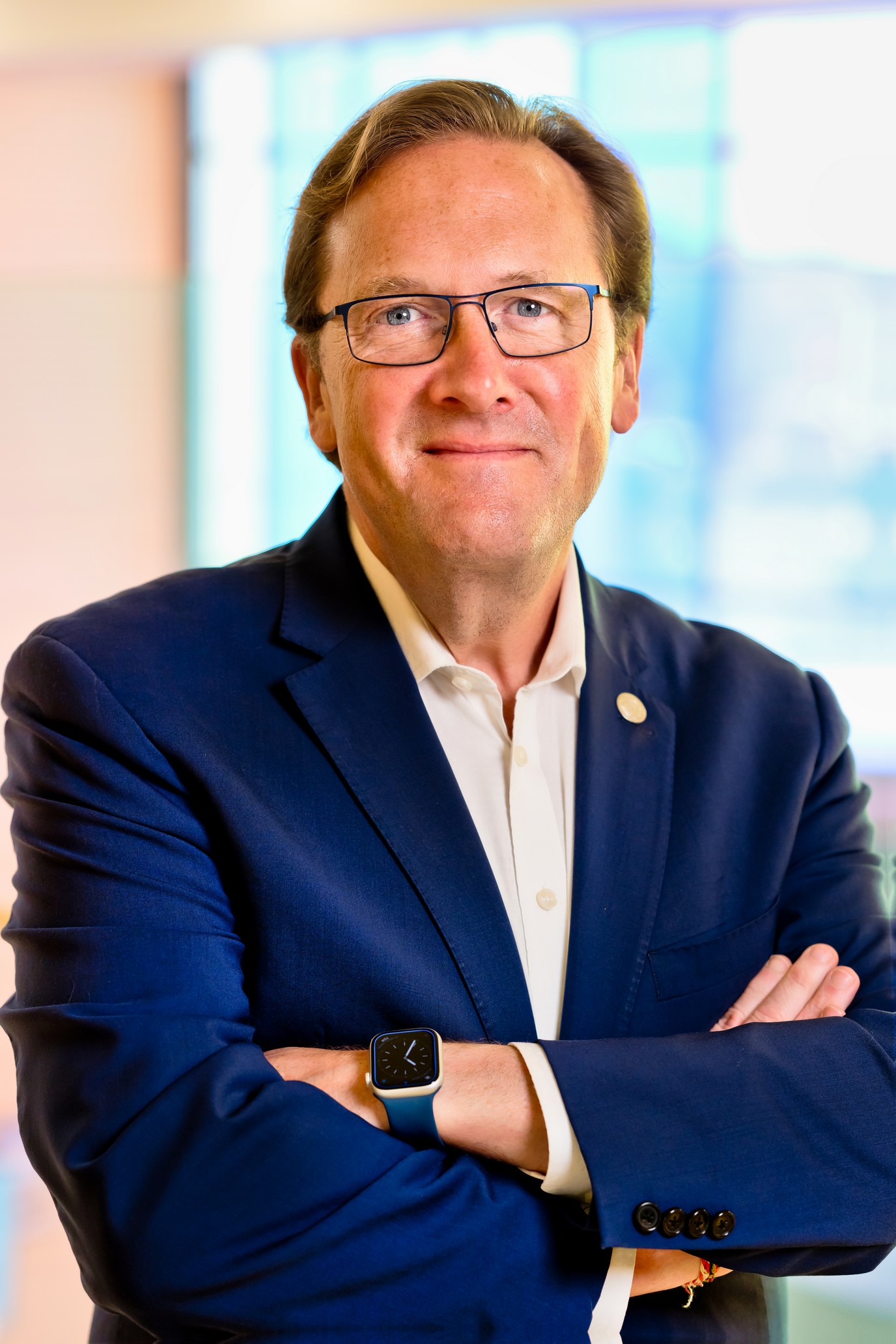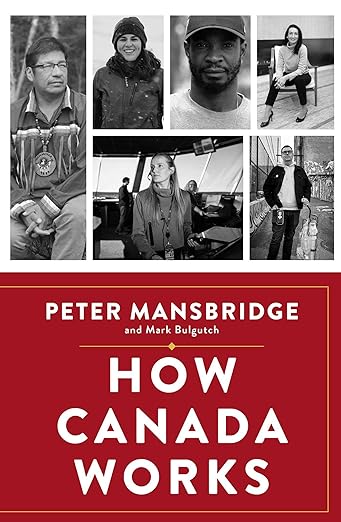- Home
- About Us
- The Team / Contact Us
- Books and Resources
- Privacy Policy
- Nonprofit Employer of Choice Award

 In their latest collection of personal stories, Peter Mansbridge and former CBC producer Mark Bulgutch shine a light on the everyday jobs that keep our nation running and the inspiring people who perform them with empathy and kindness. Ken Mayhew, President and CEO of the William Osler Health System Foundations is the subject of the chapter titled, “The Fundraiser.”
In their latest collection of personal stories, Peter Mansbridge and former CBC producer Mark Bulgutch shine a light on the everyday jobs that keep our nation running and the inspiring people who perform them with empathy and kindness. Ken Mayhew, President and CEO of the William Osler Health System Foundations is the subject of the chapter titled, “The Fundraiser.”
In this interview, Hilborn Charity eNews talks to Ken about the book and his career as a fundraiser.
How has being a career fundraiser impacted how you see yourself as an individual, as a member of the community you live in, and as a Canadian?
KM - I’m often asked why I wanted to become a fundraiser, and the truth is that I have always naturally been one. As a child, I never thought twice about going door-to-door in my neighbourhood for various causes because I believed in what I was doing. The role is a very natural one for me. Decades later, my career as a fundraiser continues to profoundly shape my identity and sense of purpose.
I have developed deep resilience and a strong sense of determination, sharpened by years of facing the challenge of asking for donations and often hearing "no." I have made thousands of “asks” ranging from offering carnations on a crowded subway platform for the MS Society, to securing a number of eight figure donations. For each, I draw on traits and skills and a view of the world—optimism, persistence, sense of responsibility, belief that change is possible—all which I have held since childhood.
At the same time, I am now far more aware of the difficulties and injustices that many face and of the unearned advantages I have. I have also learned to appreciate how personal giving motivations are, and am more aware and appreciative of the sacrifices so many make for the greater good. As I once heard Stephen Lewis say, “futility is pointless” and so, in an admittedly “work in progress way,” I continue to strive to make a difference.
As a member of the community, my work has deepened my connection to the people around me. As a fundraiser at William Osler Health System, serving one of the fastest growing and most vibrant and diverse communities in Canada, I engage with a wide range of individuals and groups. From attending events at churches, gurdwaras, mosques, and community centers, to celebrating cultural festivals—I see firsthand the power of community solidarity. These experiences have shown me that despite differences, many feel a common desire to support and improve our communities and our local health care systems in particular. I feel a strong sense of responsibility to ensure that our hospitals have the resources they need to provide the best care possible, and this drives me to continually strive for better outcomes for our community.
It's essential to get people to engage and to encourage them to be active participants and contributors in their communities. Every contribution, financial or not, no matter how seemingly insignificant makes a difference. As University of Victoria’s Dr. Elin Kelsey reminds us in her exceptionally wise book on climate change, Hope Matters: It’s disheartening to see a segment of society become skeptical and go quiet when there is so much important and difficult work to be done and so many opportunities to create positive change.
 In your chapter of “How Canada Works,” you mention that you hear “no” a lot. After 35 years as a fundraiser, how does it feel to hear the word “no”? Has it changed from when you first started?
In your chapter of “How Canada Works,” you mention that you hear “no” a lot. After 35 years as a fundraiser, how does it feel to hear the word “no”? Has it changed from when you first started?
KM - Early in my career, I would question my approach and worry about the impact on our mission. But with experience, I’ve learned that "no" often means "not right now" or "not in this way." People have all kinds of valid reasons for not giving at any given moment—financial pressures, other commitments, or simply a lack of alignment with a particular project or priority.
Now, I see "no" as an opportunity rather than a roadblock. It’s a chance to learn more about the donor’s interests, priorities, and timing rather than making it all about me. I am also aware that sometimes I am not the right person to move a relationship forward. In our work that is inevitable, and I seek the path forward rather than making it about me. I seek to practice self care and work on resilience.
Hearing "no" has also strengthened my commitment to focusing on the positive and staying hopeful. The work I do is done with and through others, and every "no" reminds me of the collective effort and dedication required to achieve our goals. It's crucial to keep the bigger picture in mind—the “yeses" that will come from persistent effort and the significant impact these contributions have on our community.
In the end, "no" is just a word. It doesn’t diminish the importance of our work and sometimes signals the need for us to subtly or dramatically change our approach. It is valuable feedback and far more valuable than no response.
Over the years, I've come to appreciate every conversation, regardless of the outcome, because each one brings us closer to our goals and helps us understand our community better. The journey of fundraising is, as much about building trust and relationships, as it is about securing donations—and every "no" is a valuable part of that journey.
Next Week: In part 2, Ken talks about inspiration and career opportunities in the nonprofit sector.
Buy the book - How Canada Works:The People Who Make Our Nation Thrive